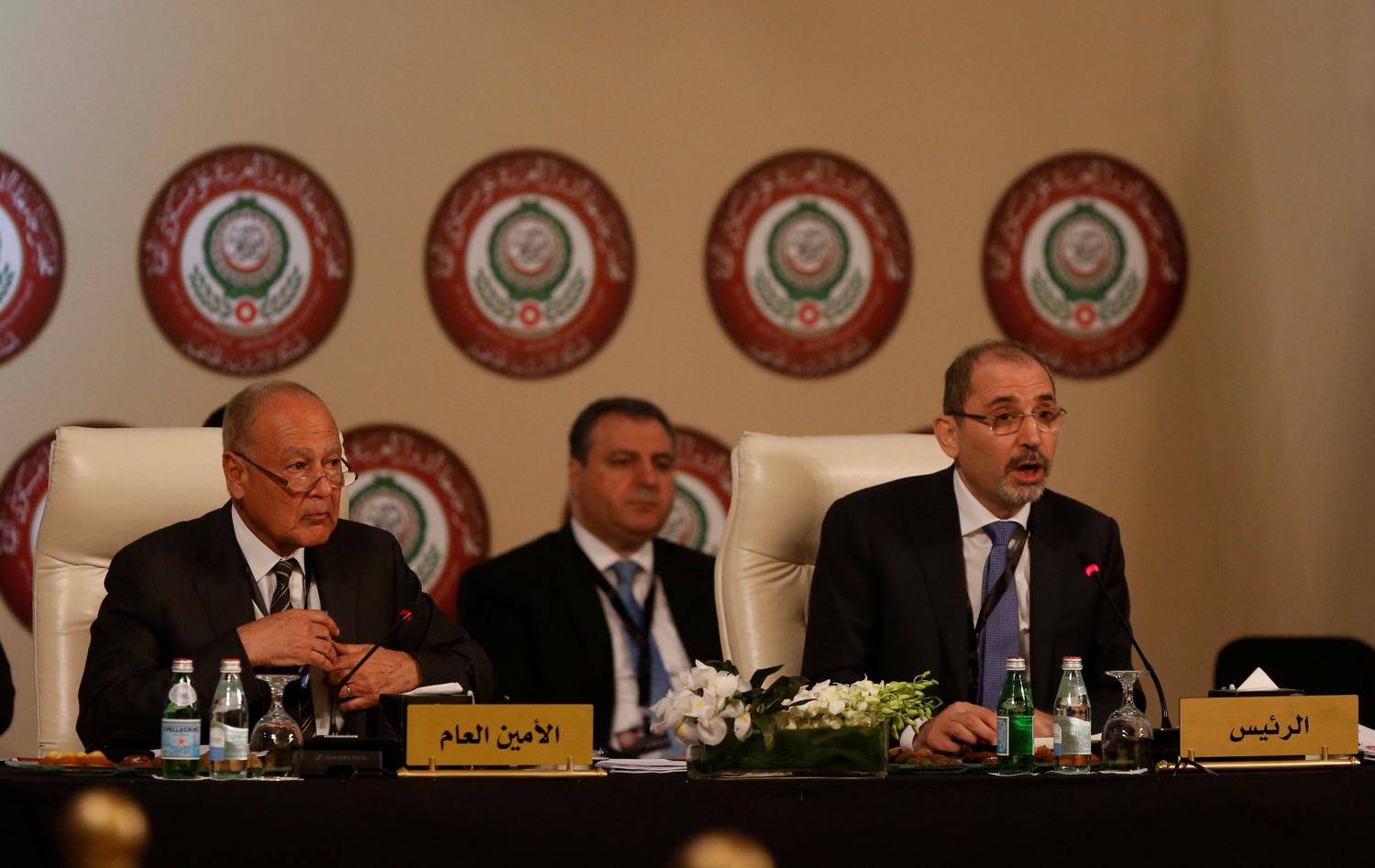Introduction: Despite the launch of indirect, “proximity” talks between Palestinians and Israelis, Palestinian President Mahmoud Abbas continues to resist a resumption of direct negotiations with Israel absent a full settlement freeze. As chairman of the Palestine Liberation Organization (PLO) and president of the Palestinian Authority (PA), Abbas also insists that any new negotiations pick up where previous talks left off in December 2008 and that the parties spell out ahead of time a clear “endgame,” including a timetable for concluding negotiations. While these may seem like unreasonable preconditions, Palestinian reluctance to dive headfirst into yet another round of negotiations is rooted in some genuine, hard-learned lessons drawn from nearly two decades of repeated failures both at the negotiating table and on the ground.
Not only have negotiations failed to bring Palestinians closer to their national aspirations but the peace process itself has presided over (and in some ways facilitated) a deepening of Israel’s occupation and an unprecedented schism within the Palestinian polity. Such failures have cost the Palestinian leadership dearly in terms of both its domestic legitimacy and its international credibility. While it remains committed to a negotiated settlement with Israel based on a two-state solution, the PLO/PA leadership has been forced to rethink previous approaches to the peace process and to negotiations, as much for its own survival as out of a desire for peace.
Haunted by past failures, Palestinian negotiators are now guided, to varying degrees, by six overlapping and sometimes conflicting lessons:
1. Realities on the ground must move in parallel with negotiations at the table.
2. Don’t engage in negotiations for their own sake.
3. Agreements are meaningless without implementation.
4. Incrementalism does not work.
5. Avoid being blamed at all costs.
6. Don’t go it alone.
The Brookings Institution is committed to quality, independence, and impact.
We are supported by a diverse array of funders. In line with our values and policies, each Brookings publication represents the sole views of its author(s).




